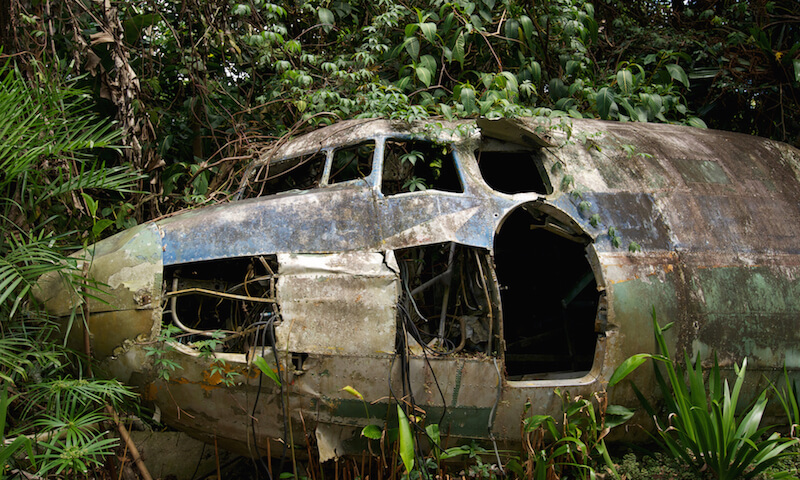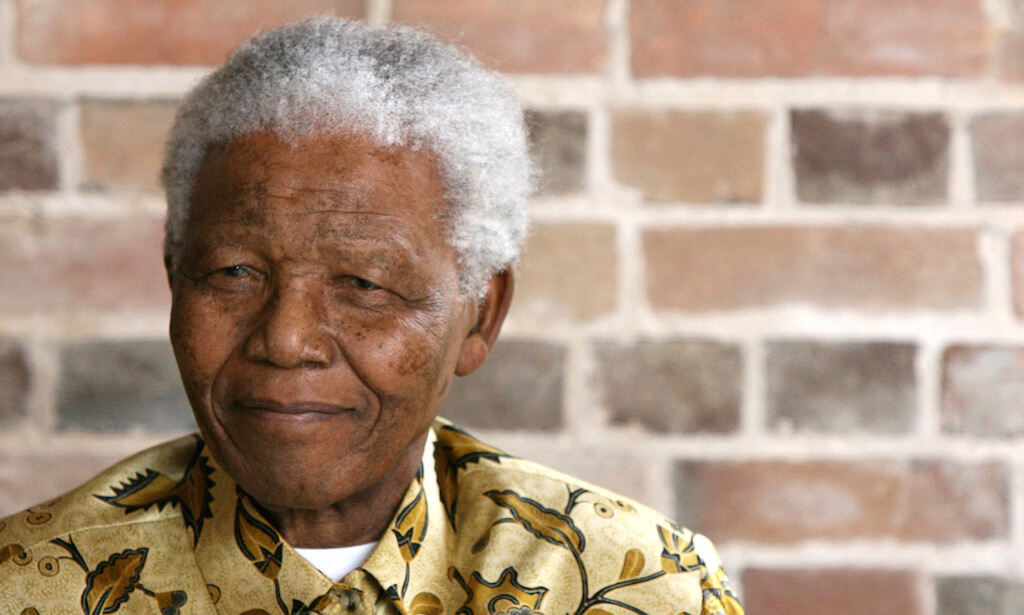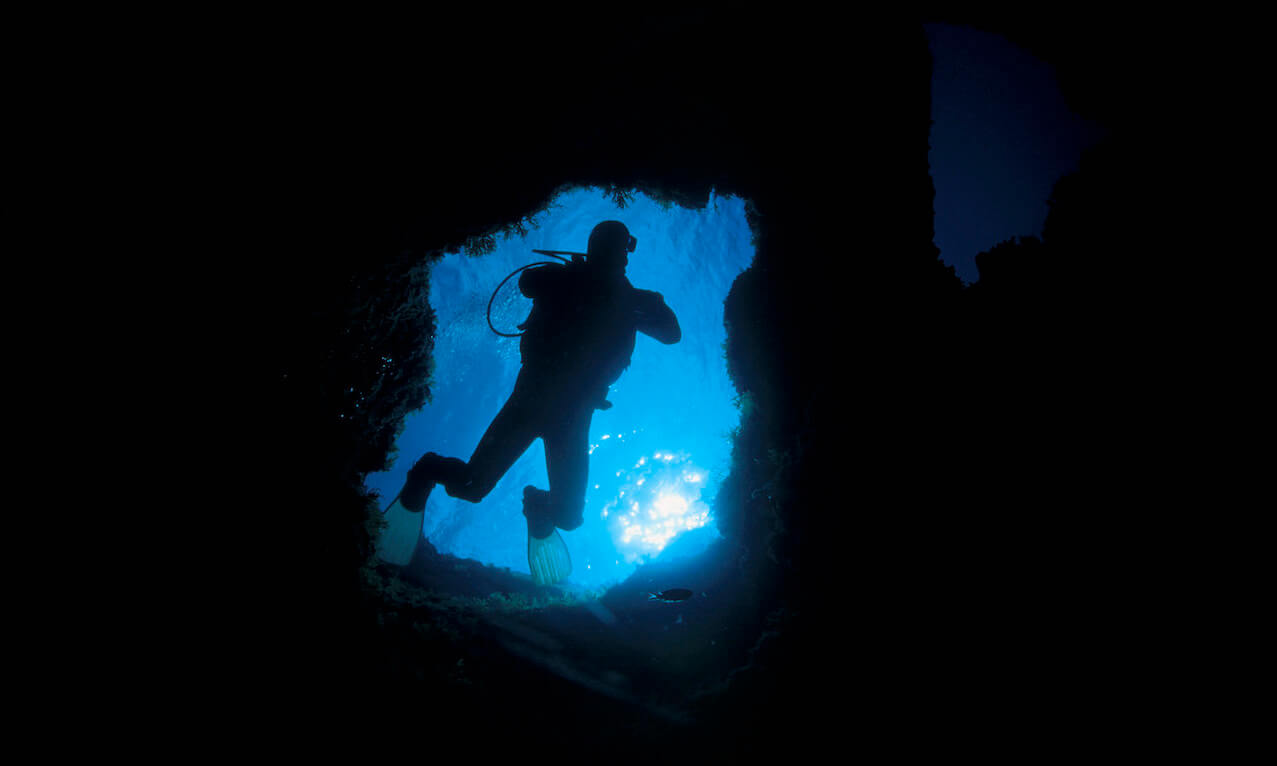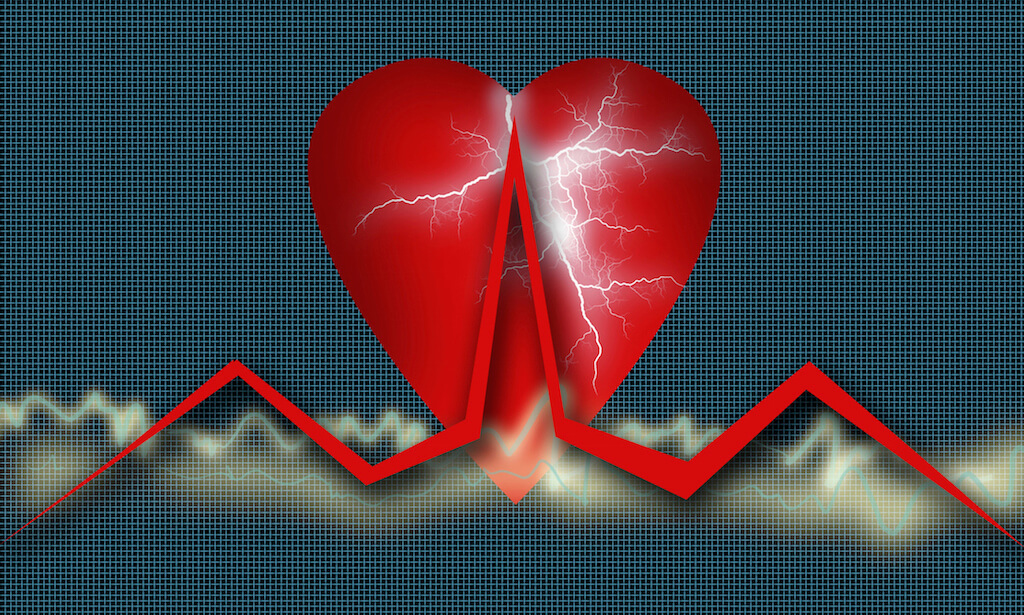Juliane Koepcke recounts surviving a plane crash and eleven days alone in the Peruvian jungle decades earlier.


Juliane Koepcke recounts surviving a plane crash and eleven days alone in the Peruvian jungle decades earlier.

To commerate Nelson Mandela’s fight against apartheid in South Africa, a collection of letters written during his imprisonment was recently published. Critic Tim Adams shares what he discovered about the already well-known leader.

In this opinion piece, education expert Jeff Smink argues that enriching summer school programs will stymie learning loss and help students succeed.

Anthropologist Margaret Paxson writes about her struggle to quantify peace and ultimately argues that peace is knowable.

Researchers at the Caltech Brain Imaging Center found that participants in a study were more likely to gamble when they saw peers doing so.

See photos retracing the route of Gandhi’s famous Salt March and learn about the photographer’s experience in this interview.

Follow the journey of Garret McNamara as he attempts to surf the dangerously large waves of Portugal.

Survival experts discuss what the Thai soccer team that was trapped in a cave did right to get through the two weeks before they were rescued.

Have you ever been in a car on a hot day and seen water on the road far away, only to find that there’s nothing there? If so, you’ve seen a trick of the light called a mirage. This article explains what causes mirages and the different types you might see.

In this article, author and anthropologist Helene Mialet analyzes the relationship between humans and machines as it existed for scientist Stephen Hawking.

In her research, psychology professor Gabriele Oettingen has found that overly-positive thinking actually disincentives people from achieving their goals. She suggests pairing positive thinking with visualizations of obstacles that stand in the way.

Doctors looking into the connection between the brain and the heart have found that stressful events can cause a change in hormones that injures the heart.

A study conducted at Stanford University shows that men lie about their height and other traits when they feel their masculinity is threatened.

Research by New York University neuroscientists Oriel FeldmanHall and Peter Sokol-Hessner shows that broadening options to restore justice, such as reconciliation or compensating the victim rather than punishing the offender, could ease the burden of the U.S. justice system.

Watch this video about a program intended to both connect prisoners to nature and to help restore the environment.

The brief found at the top right of the link summarizes this report’s analysis of global protests since the mid-2000s. Click “Annex” for a chart that lists dozens of protest movements from 2010-2015 and their motivations.

Most people tend to categorize the risk-taking behaviors of teenagers as a bad thing, but new research from Harvard University shows that brain development at that age can be beneficial for learning.

Former astronaut and NASA administrator Charles Bolden talks about the future of space exploration.

Because humans have a relatively low metabolism, they might survive longer than other species. This article explains more about the theory.

What happens to the stuff you no longer need? In this interview, author Edward Humes describes the huge amount of trash created in the United States and explains where it goes when we throw it away.